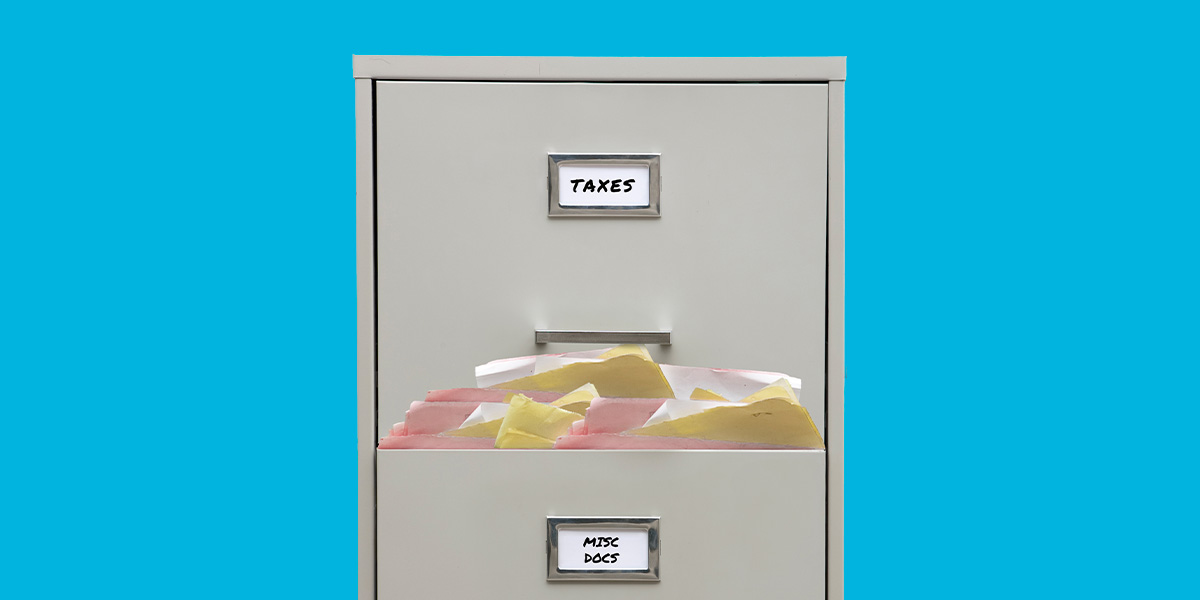-
Personal Banking -
Insights
What to do With Rising Mortgage Interest Rates
Interest rates are rising, and homeowners with adjustable-rate mortgages are feeling the impact.
An increase of just a quarter of a percentage point on a $1 million, 30-year, fixed-rate loan would increase the payment by $151 a month, assuming a starting interest rate of 4.6 percent – the average rate for such a loan according to the Mortgage Bankers Association.
Additionally, an analysis by Realtor.com of the top 20 housing markets revealed monthly mortgage payments have increased dramatically in five markets, where home prices are rising faster than the national average. The monthly mortgage payment for a median- priced home will increase an average of $449 in Seattle, $378 in San Francisco, $363 in Los Angeles, $242 in San Diego, $236 in Minneapolis and $213 in Atlanta.
The uptick in interest rates and the rising price of homes has caused the average monthly mortgage payment to rise nearly 13 percent nationally during the past year, according to the analysis.
While no one can predict with certainty if or when the next interest rate increase will happen, but with action by the U.S. Federal Reserve up in the air real estate industry experts say that additional mortgage rate increases are possible in the coming months.
Considerations for Refinancing Your Mortgage
You may be wondering how rising interest rates could affect your adjustable-rate home loan. Use these five suggestions to guide you through the current climate of potential rising rates.
Reevaluate as Soon as Possible
Perhaps you've been contemplating refinancing your home. If so, you'd be wise to think about how to take advantage of current interest rates. This is especially true if you have an adjustable-rate loan and a mortgage payment that could increase in the next year or two, when rates may be higher.
With interest rates already having risen, and with the potential for more increases, it might seem like opting for a fixed-rate loan is the obvious solution. However, don't discount the idea of another adjustable-rate mortgage just yet, advised Mary Helmich, City National Bank's head of personal banking.
Depending on how the numbers shake out, an adjustable-rate mortgage with an initial fixed-rate terms — a mortgage where the first 10 years would have a fixed-rate, followed by a 20-year period at a variable rate — could make more financial sense for you than a 30-year, fixed-rate loan.
“If you have an adjustable rate right now, sit down and crunch the numbers to see what's right for you," Helmich said. “Another adjustable could be the right solution, or a fixed rate could be the right solution. It just depends on the math."
Look Into Consolidating Your Debts
If you carry a second mortgage, a home equity line of credit or other debts on top of your primary mortgage, it might make sense to roll them into one loan. These other types of loans tend to have higher and variable rates than traditional first-lien mortgages.
“It's okay to forego a lower rate on an adjustable loan for whatever term is remaining and lock in something that's higher if the long-term math is going to be more beneficial to you," she advised. Again, working the numbers is the surest way to determine whether a consolidation loan can save you money and which type of loan product will suit you best.
Take Tax Law Changes Into Account
You should not rely on hearsay when evaluating how the new tax law might affect your interest deduction should you refinance or consolidate your home loans. There's a lot of misinformation out there, Helmich said.
The new tax law allows you to deduct the interest paid on up to $750,000 of your mortgage balance for married couples, but previously you were able to deduct interest paid on mortgage balances up to $1 million. However, if you had a mortgage before the law went into effect on Dec. 16, 2017 and you haven't refinanced, you're still eligible for interest deductions on mortgage balances up to $1 million. This might prevent people from considering refinancing their mortgage, but don't let this deter you from exploring the option.
“A lot of interest expense can still be deducted, depending on the specific details of your situation," said Helmich.
Another change to be aware of with the new tax law relates to home equity lines of credit. Previously, interest paid on up to $100,000 could be deducted. Under the new law, you can deduct the interest paid if the home equity line of credit plus your first mortgage is less than $750,000.
Although it might seem like keeping your grandfathered tax deductions is the best option, what's important to consider is how much you could save by refinancing in relation to how much you'd save with your current deductions. Your accountant and your banker will be able to advise you on what those numbers would be for your situation.
Enlist the Help of Financial Experts
Don't attempt to crunch the numbers and navigate all these details alone or on the back of a napkin. This is what your banker and accountant do all week long.
Your banker can offer an accurate assessment of how much your debt is costing you today and what it may cost you two or three years from now if you do nothing and if rates increase. They also can suggest changes you can make and offer banking products that might save you money in the long run.
While City National Bank does not provide tax advice, your accountant or tax preparer can analyze which tax laws you may benefit from this year, next year and beyond. They also can work with your banker, or suggest questions you can ask your banker, to help you determine whether the new tax law will have any impact on your current mortgage and other debt.
Keep Rising Rates in Perspective
If rates go up, you should be aware of how any potential increase may impact your financial future. But don't forget that rates are still relatively low.
In the 1980's, for instance, interest rates spiked more than 10 percent. While that sometimes made paying the mortgage tough, at the same time many homeowners enjoyed returns as high as 15 percent or more on their bank certificates of deposit.
It's important to keep in perspective that market fluctuations are par for the course and it's never smart to make rash financial decisions. Draw on the knowledge of your banker and other financial professionals, do the math and calmly make the most informed decision you can about whether, how and when you should refinance your mortgage.
This article is for general information and education only. It is provided as a courtesy to the clients and friends of City National Bank (City National). City National does not warrant that it is accurate or complete. Opinions expressed and estimates or projections given are those of the authors or persons quoted as of the date of the article with no obligation to update or notify of inaccuracy or change. This article may not be reproduced, distributed or further published by any person without the written consent of City National. Please cite source when quoting.
City National, as a matter of policy, does not give tax, accounting, regulatory or legal advice. Rules in the areas of law, tax, and accounting are subject to change and open to varying interpretations and readers should seek professional advice.





